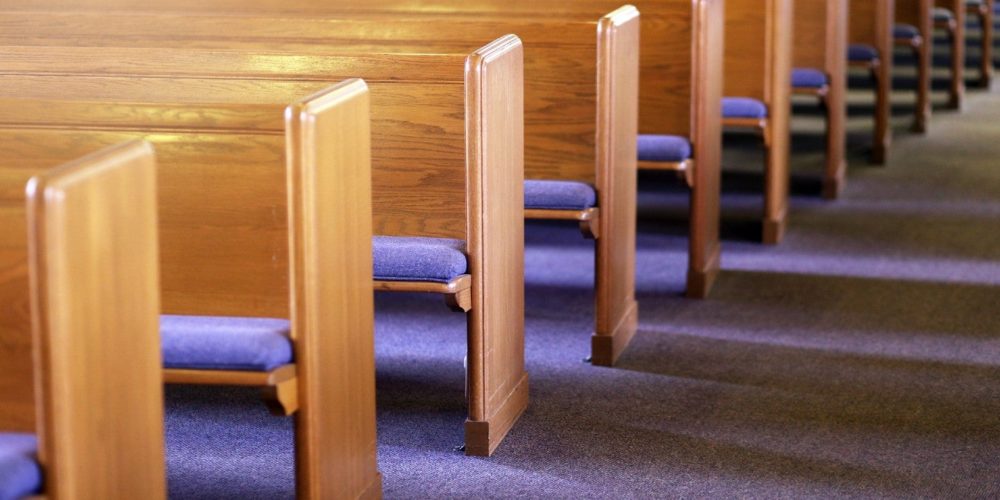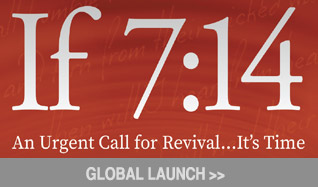Iowa Gov. Kim Reynolds’ initial emergency proclamation that limited religious gathering to 10 or fewer all across Iowa is set to expire on April 30. Gov. Reynolds, however, has issued a new proclamation that goes into effect Friday, May 1, and continues to May 15.
Recognizing the constitutional liberties involved, Gov. Reynolds’ new proclamation lifts the limits on spiritual and religious gatherings in all 99 counties. This lift also includes weddings and funerals, as they are considered religious gatherings*. Wedding receptions, however, are still limited to 10.
The proclamation reads: “Spiritual and religious gatherings are not prohibited by this section, but a church, synagogue, or other host of a spiritual or religious gathering shall implement reasonable measures under the circumstances of each gathering to ensure social distancing of employees, volunteers, and other participants, increased hygiene practices, and other public health measures to reduce the risk of transmission of COVID-19 consistent with guidance issued by the Iowa Department of Public Health. Although wedding and funeral ceremonies are not covered by this section, wedding receptions of more than 10 people are social gatherings that are prohibited.”
Churches have been asked to follow the social distancing guidelines set by the Iowa Department of Public Health (IDPH).
The FAMiLY Leader encourages churches to consider the following as they discern how to best move forward for their congregation:
1. Weigh the responsibility. Freedom comes with responsibility. Gov. Reynolds in her proclamation recognized churches’ not only constitutional, but also biblical rights to govern their own affairs. This announcement should come both as a relief and a burden – a relief that our government in Iowa is properly recognizing the role of the Church; a burden that we are now fully responsible for how the Church handles its response. Pastors and elder boards across the state will now have to wrestle what is best for not only their people, but also their communities and the Lord’s name.
2. Recognize this is not an endorsement of mass gatherings. The spirit of the proclamation is the Church’s autonomy, not an endorsement of mass gatherings. This is very important to understand, as churches make decisions on reopening. Though churches are exempt from limitations, large gatherings are not being recommended. Mass gatherings continue to be prohibited in all 99 counties, and social gatherings continue to be limited to 10 people.
3. Practice wisdom. This is not an easy decision, and we will feel the weight our governing authorities have felt the past few weeks. We recommend that you take your time in discerning. You do not have to come to an immediate decision. Seek an abundance of counselors and ask yourselves these questions:
- How severe is the outbreak in our county? Every county is different. 77 counties have been allowed to partially re-open, while another 22 remain under the previous restrictions. It is important that you assess where your county is at. If you are in a hot spot or if you have yet to have a case in your county, that can help determine best steps moving forward.
- Does the number of people in our church and our space allow adequate social distancing? Every church is unique. Unique in size and unique in available space.
- Does our plan show love and respect to our neighbors? People are responding differently to COVID-19. That includes those in and outside your church. It is important that your decision reflects care for your members and community.
Please join The FAMiLY Leader team in prayer for church leaders across Iowa, as they discern their next, best steps.
“For you were called to be free, brothers and sisters; only don’t use this freedom as an opportunity for the flesh, but serve one another through love. For the whole law is fulfilled in one statement: Love your neighbor as yourself” – Galatians 5:13–14 (CSB).
* The guidance on weddings and funerals represents a correction, as an earlier version of this article contained incorrect information.



